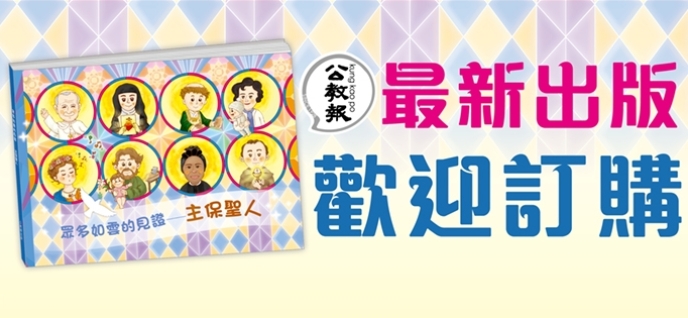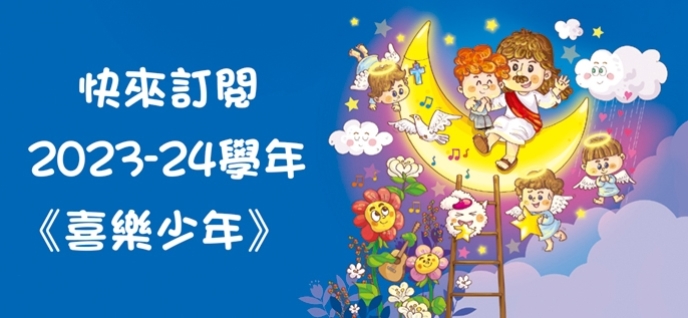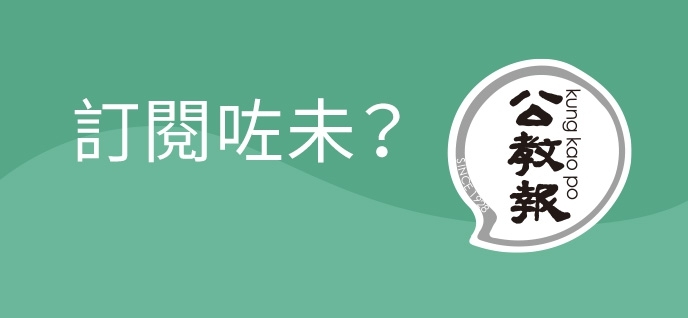昔日文章


Stories Behind Popular Sayings
2022.06.12
Pocket money
There are always debates about whether parents should give their children pocket money, at what age should children be given pocket money, and how much to give. While pocket money gives children the chance to buy things which make them happy, parents are more concerned that their children should learn money management.
The word " pocket " comes from the Old French word " poke " , meaning " pouch " or " sack " . Several centuries ago, it was used as a measure of quantity in agriculture, for example, a pocket of wool. Before pockets began to be sewn into men's clothes in the 17th century in Europe, people used various kinds of pouches to keep their valuables. They hid a pouch under their clothes or fastened it around their waist.
When the expression " pocket money " first appeared in the 17th century, it meant a small amount of money carried in the pocket for minor expenses, not especially for children.
Eventually, it came to mean an amount of money that parents regularly give to their children to spend on their own. This British expression is called "allowance " in the USA.
人們經常爭論:父母應否給子女零用錢(pocket money)?兒童應該在甚麼年齡獲得零用錢?父母應該給多少零用錢?雖然零用錢讓兒童有機會買到令自己開心的東西,但是父母更關注的是,子女應當學習金錢管理。
英語「pocket」一字來自古法語poke,意即小袋或袋。數世紀前,它被用作農業的數量單位,例如一袋羊毛。在17世紀歐洲男士衣服縫上口袋之前,人們用各種各樣的小袋來存放貴重物品。他們把小袋藏在自己的衣服下面或扣緊在自己的腰部上。
當「pocket money」這個詞語首次在17世紀出現的時候,它的意思是放在隨身攜帶的小袋裡的小量金錢,用作小額開支,並非特別為兒童。
漸漸地,pocket money開始解作父母定期給子女的金錢,讓他們自行決定如何花錢。這個英式英語在美國被稱為「allowance」。


Stories behind Idioms
2016.02.27
A Good Samaritan
One day, when you got on a bus to go home, you found that you had lost your wallet. You were so helpless that your eyes filled with tears. A lady gave you some coins to pay the bus fare. You were so grateful to her for her help. At times we come across some kind-hearted people who help us when we are in difficulty. Can you think of an English idiom to describe these compassionate people?
A person who offers help to others who are in distress can be called “a good Samaritan”(行善的人;樂於助人的人). For example,
Tom is such a good Samaritan. He always donates food and clothes to the street sleepers.
The expression comes from a story told by Jesus. According to the Gospel of Luke(《路加福音》)in the Bible, a Jew(猶太人)was robbed, beaten and left half-dead on the side of the road. A priest and then a Levite(肋未人)passed by. However, they both avoided the badly injured Jew. Finally, a Samaritan(撒瑪黎雅人)came upon him. Although Samaritans and Jews generally hated each other, the Samaritan rescued him and treated with mercy.
Jesus told this story to show us that the Samaritan was the true neighbour of the Jew without thinking of any reward. Jesus also wanted to tell us that we should help each other with compassion even though we are different in races, religions or cultures. Nowadays, the expression “a good Samaritan” simply means someone who is willing to help someone who is in distress.
Since the parable is very famous, the name “Samaritan” has been used for many charities. In Hong Kong, “The Samaritan Befrienders Hong Kong”(香港撒瑪利亞防止自殺會)is a non-profit organisation aiming to help people who are suicidal or who need emotional support.
During this season of Lent(四旬期), which is about six weeks before Easter Sunday (復活主日), Jesus encouraged us to love our neighbours and God by giving up something or acting as good Samaritans. For example, we can give up some snacks and donate the pocket money to the poor.


Blessings in a brezze
2013.01.20
Warmest Gifts
Jane is a Secondary 2 student. Here she tells us her Christmas experience:
In early December, my classmates were chatting about Christmas gifts for our parents. Some suggested knitting woollen scarves, which would be something unique. As we chatted, I thought of those old people living on meagre means, with no children of their own.
Then, I had an idea – some woollen scarves for these old folks! All my classmates agreed.
We bought some yarn with our pocket money. During the next two weeks, those of us who knit well became teachers to those who don't. Together we knitted thirty scarves of different colours.
I contacted a charity organisation. We paid a visit to its elderly home. The elderly aunts and uncles listened to our Christmas carols and put on the scarves with delight. They held our hands and nodded their heads with a big smile. Some said, "It's really a warm day for us."
We found that we ran out of pocket money and time to knit some scarves for our parents! Yet when Mum and Dad saw the photos of our visit, they said that our experience was the warmest Christmas gift they had received.






